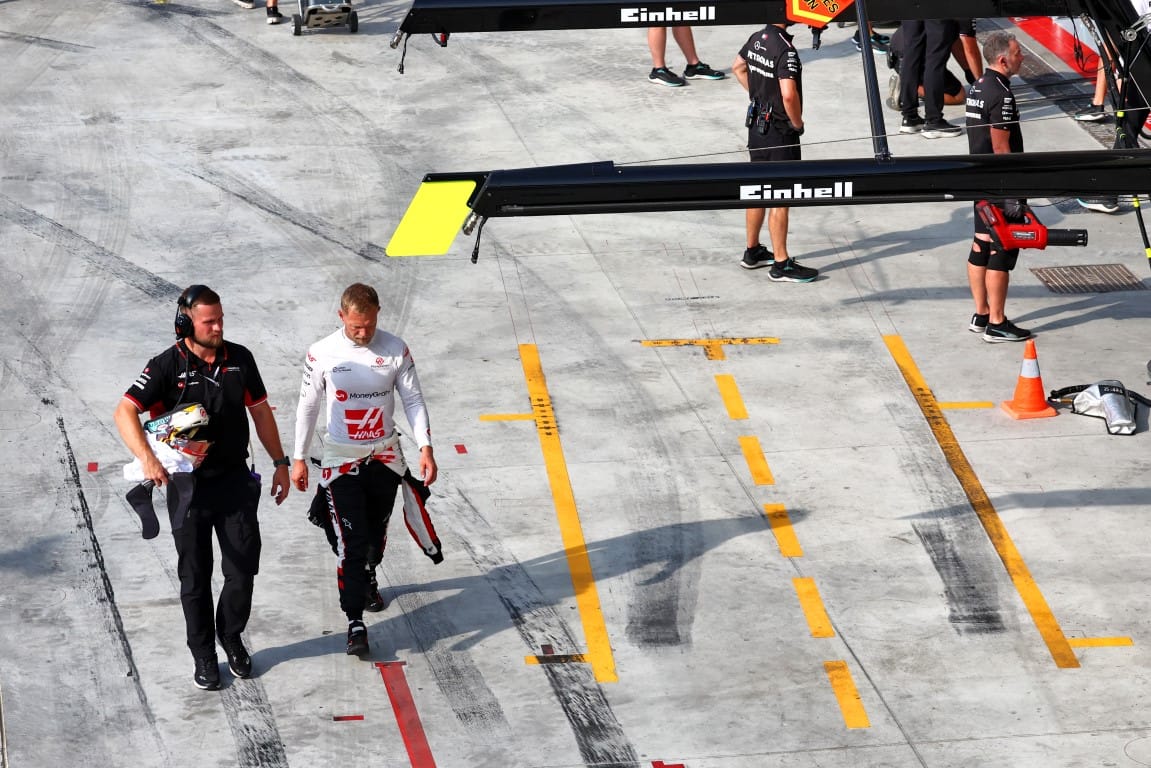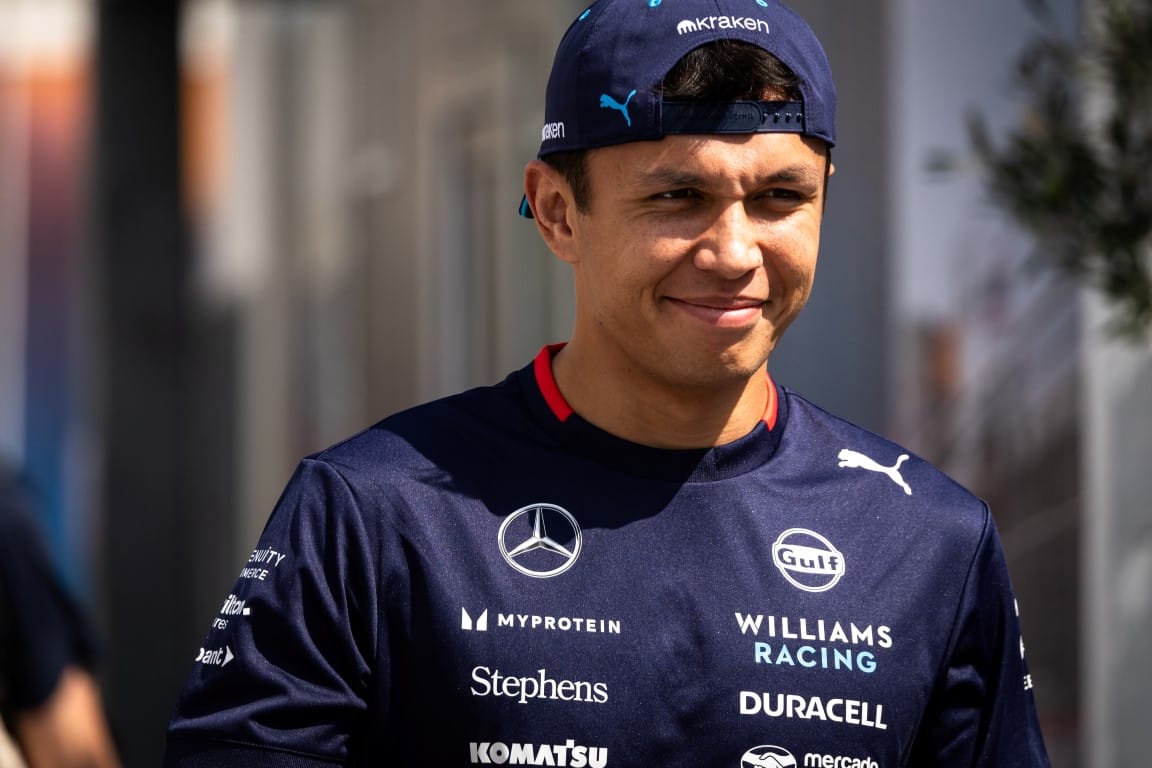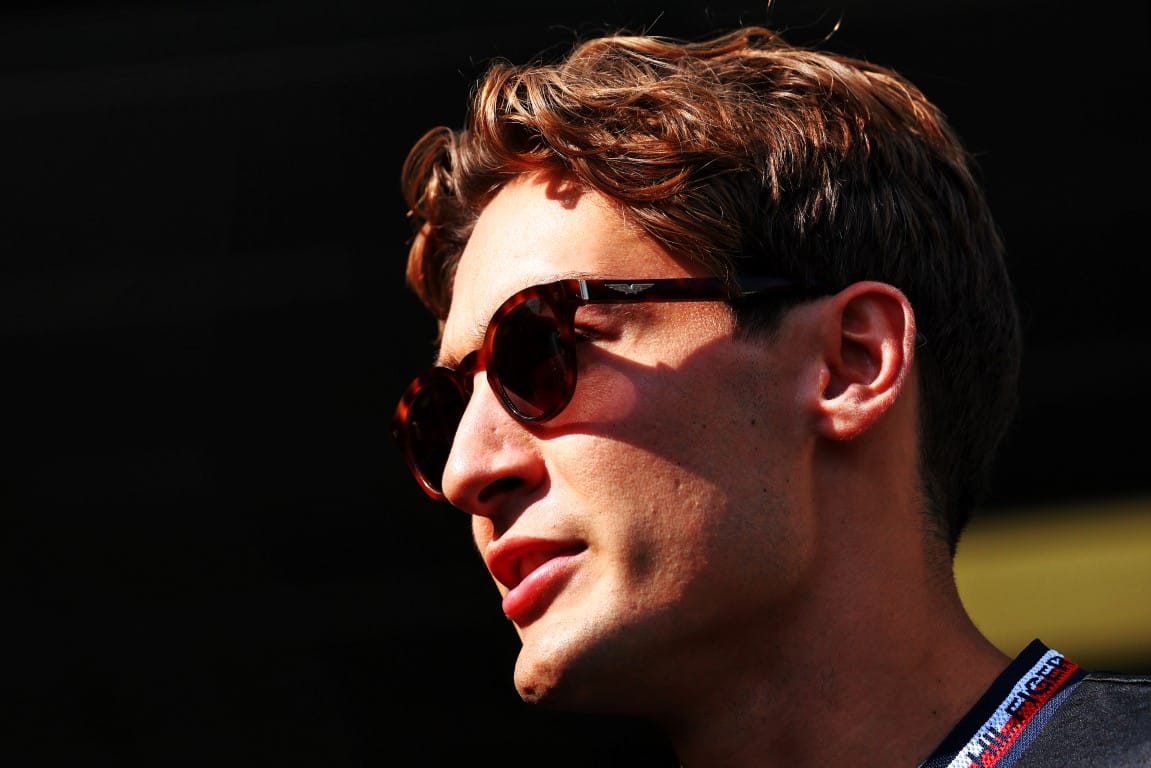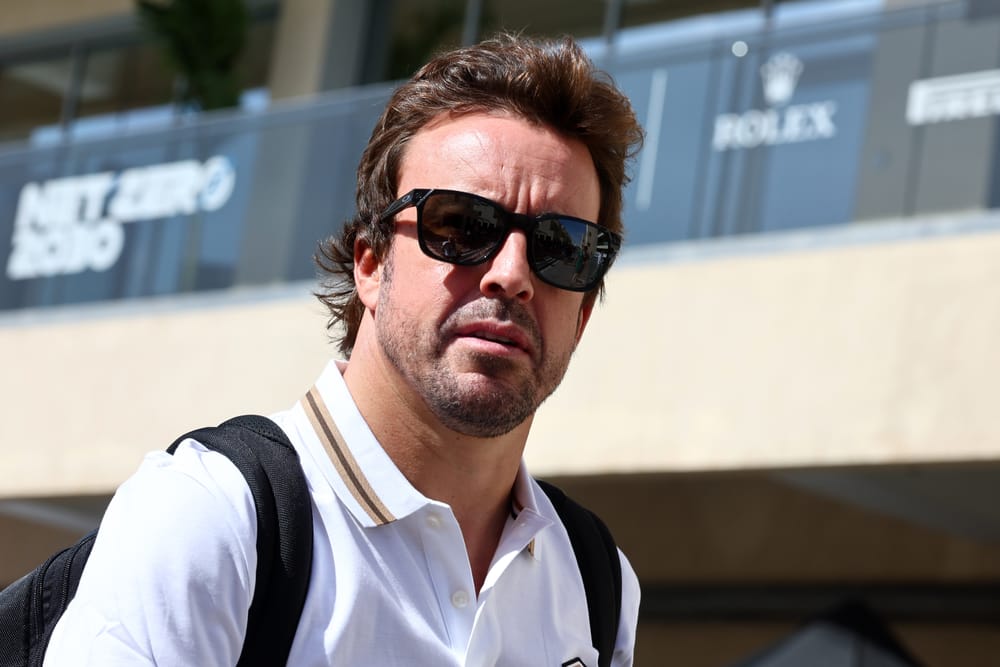

Formula 1’s unpopular licence penalty points system could be changed for 2025, after Kevin Magnussen became the first driver to be banned since the rules were introduced.
Magnussen is missing this weekend’s Azerbaijan Grand Prix after a collision with Pierre Gasly at the last race in Italy earned him two more penalty points, taking him to 12 in the last 12 months – which triggers an automatic suspension.
He is the first to reach that threshold since it was introduced in 2014, although other drivers have come close.
Magnussen has a reputation for being aggressive and has irked rival drivers with his defensive tactics, mainly backing up other cars to protect team-mate Nico Hulkenberg in a points position - but there is a lot of sympathy for him in the F1 paddock in Baku.

He has not just racked up 12 points in 12 months – he’s accrued his entire total this season, in barely six months of racing. That has highlighted why the penalty points system is so controversial.
It has long been criticised by drivers for punishing minor offences. Sporting penalties for almost any incursion get met with penalty points on a driver’s licence as well.
The most minor ones, such as track limits offences, are at least exempt from penalty points now, but stewards sometimes get criticised for not exercising more discretion given the regulations only say they “may” impose licence penalty points – and the guidelines they work to are not definitive.
The demand from teams and drivers for more consistency has unintentionally boxed the stewards in, though, so penalties have generally become more uniform even though there are occasionally moments where some leniency is afforded, or a stricter penalty is dished out.
“The Monza one, according to the penalty guidelines, a penalty was given on that particular incident and I can't really argue,” Magnussen’s Haas team boss Ayao Komatsu said.
“But it's more a question of, is that penalty guideline correct?”
Magnussen initially invoked public calls for changes to the rules earlier this year when he picked up five points in a single Miami weekend for a range of offences – cutting the track to gain an advantage, running Lewis Hamilton off the road, and colliding with Logan Sargeant.
The Race understands that the matter has been raised in drivers’ briefings this year but is yet to become a topic at meetings of the Sporting Advisory Committee, which debates matters relating to the sporting regulations.
There is sympathy from the FIA that amendments are needed but the matter needs more focus than can be dedicated in-season, especially when there are significant ongoing efforts to update the 2025 sporting regulations and settle the hotly-debated 2026 regulations for F1’s next rules era.
“The whole system is going to get reworded, and there's other things as well,” said Williams driver Alex Albon.

“With traffic and pit entries, when is the driver to blame, when is the team to blame. Sometimes drivers get points for team problems.
“We'll go through, it I'm sure. Some of it will be addressed for next year.”
As a more dedicated discussion has not yet taken place between the FIA and the teams, there is not a clear idea of how to update the penalty system or what should exist in its place.
Several drivers said in Baku that they feel licence points should only be awarded for serious infringements like dangerous driving or unsporting behaviour. Yuki Tsunoda, who came close to reaching 12 points in the past, pointed out that keeping the same threshold as in the past is too strict when the calendar has ballooned to 24 races (plus six sprint races).
The FIA is open to changes and the most drastic outcome could be eliminating penalty points and leaving race bans entirely to the stewards rather than having a mechanism for automatic suspension.
But this would leave more decision-making to the discretion of the officials, potentially further complicating the push for consistency, and the drivers do not necessarily think the penalty points system should be abolished anyway.
“It’s a conversation that's been had a number of times in previous years as drivers have sailed close to the wind,” said Grand Prix Drivers Association director George Russell.

“No one's been banned in 12 years, so you could argue, were the penalty points actually harsh enough?
“You could argue his penalty points from Monza seemed a little bit harsh, but you could also argue, some of the other incidents, [the penalties] perhaps were not harsh enough.
“Also, we need to set a bit of a precedent for the junior series. They look up to us in F4, F3, F2 and you shouldn't be allowed to get away with dangerous or erratic driving and at some point you do need to be punished for it.”

